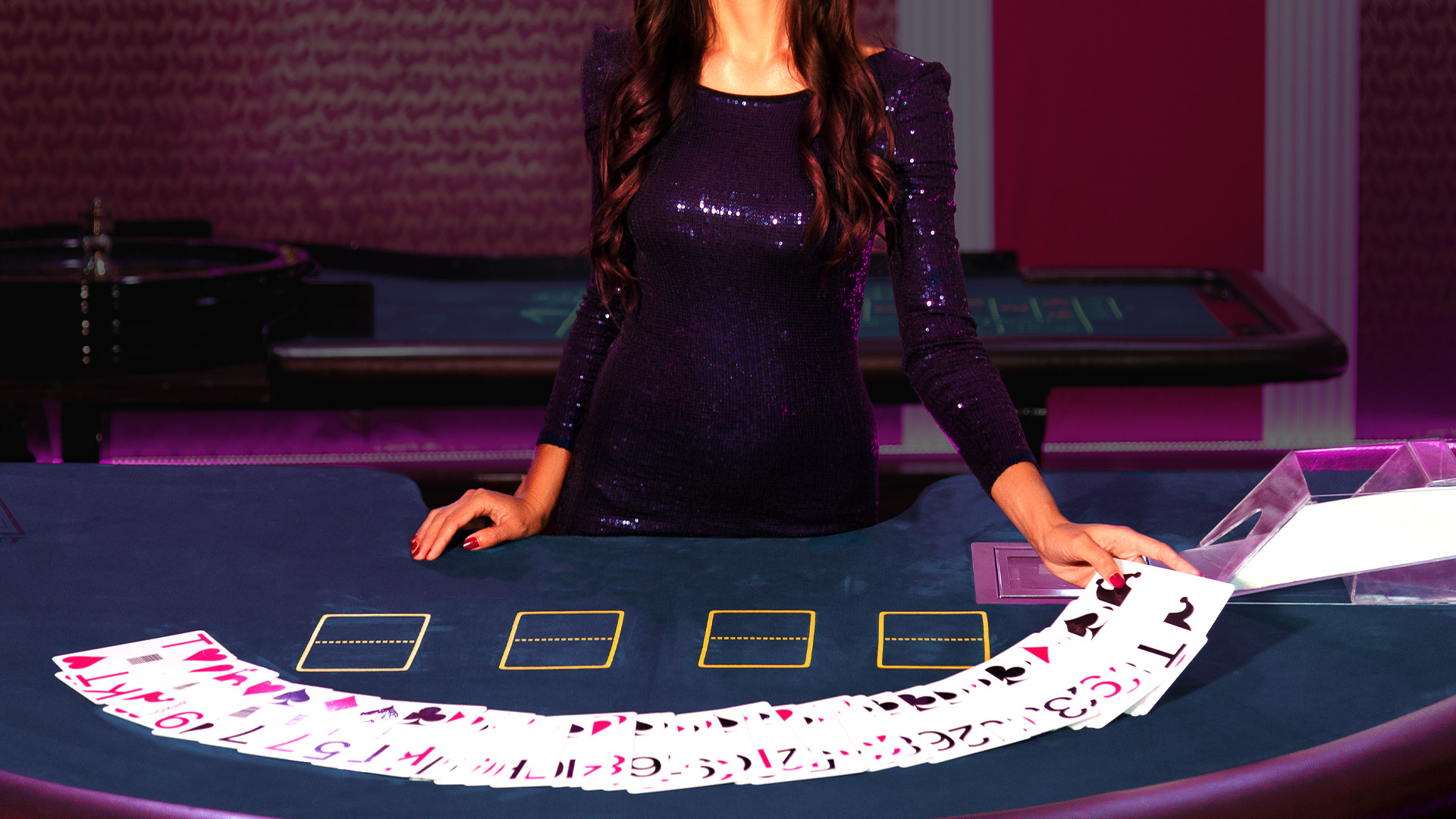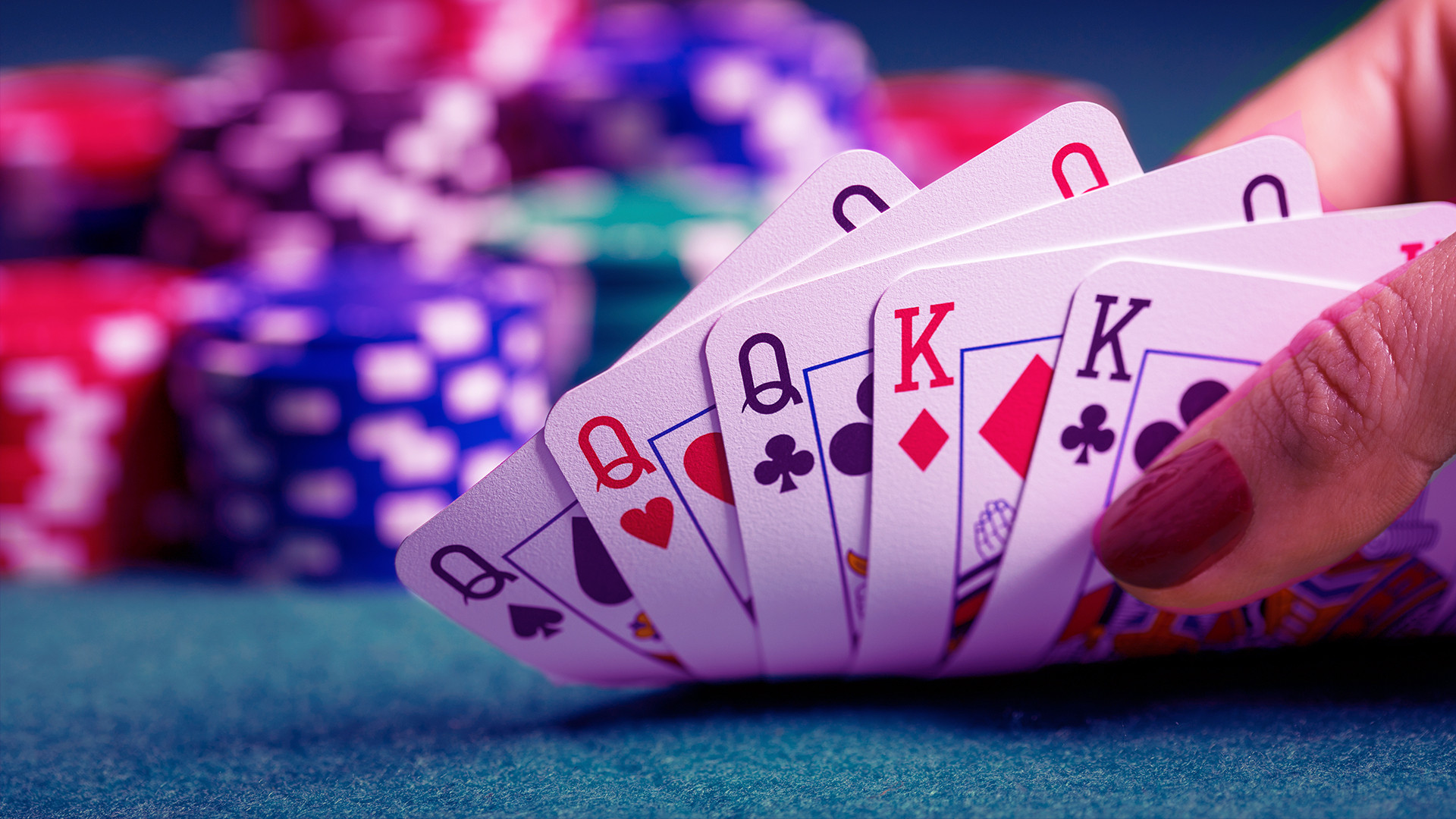
Blackjack Card Values
Blackjack is one of the most played table games in online and land casinos. It’s simple to master, though winning requires luck and tactical play. Each [blackjack hand(/live-blackjack) requires you to take a direct role in the game. Your choices, coupled with the luck of the draw, combine for the end result.
In this guide, we'll dissect the heart of the game: card values. Understanding how cards shape your hand is crucial for mastering this classic casino staple. From the humble single digits to the mighty Ace, each piece plays its own powerful role in the world of Blackjack. So, let’s unravel all the mysteries behind them.
The Importance of Cards in Blackjack
In blackjack, each player is dealt two cards initially. These cards determine the total value of your hand. The goal is to get a hand value as close to 21 as possible without going over. After the first deal, you can combine them with more cards if you want or just stand with the initial pair. Your hand is pitted against the dealer’s hand, of which you only know one card – the one facing up.
The Cards Used in Blackjack
Live casino Blackjack uses the whole deck of 52 cards. Many casinos use more than one deck. This is to avoid card counting as a strategy. Online casinos employ this tactic too, usually using two or three decks. However, their values are counted uniquely.
In blackjack, there are three types of cards - numbered, face cards, and Aces:
Numbered cards – These are the ones going from 2 through 10. These all hold their face value. So a hand of 2 and 7 will have a total of nine, a pair of 7s total 14, and so on.
Face cards – Also known as royal or lettered cards, these cards are marked by a letter instead of a number and include the Jack, Queen, and King. All face cards have a value of 10 and are counted as such whenever they appear on the table. This means that a hand of Jack and King will have a total of 20. A hand of Jack and 8, for example, will have a total of 18, and so on.
The Ace – The most enigmatic card in Blackjack. This dual agent has two values - as 1 and as 11. Whenever it can be counted as an 11 without making the hand go bust, it’s counted as such. If the total exceeds 21, the Ace becomes a 1, and the player keeps their chance to hit again. For example, a hand of Ace and 4 has a total of 15 (11+4=15). If you hit and get an 8, your total is now 23, tipping over the 21 threshold. Here, instead of going bust, the Ace takes the value of 1, and the total goes down to 13 (1+4+8=23).
How Blackjack Cards Can Create Soft and Hard Hands
Cards in Blackjack can form two types of hands: soft and hard. Players love using these two terms when talking strategies. It helps you make better choices as your best move varies based on whether the hand is soft or not.
A [soft hand] (/live-blackjack/guides/best-blackjack-hands) is one that contains an Ace, and its value can shift between 1 and 11 without risking a bust. A 5 and an Ace would make a soft 16, as the Ace can quickly go back to the value of one if you decide to hit here.
On the flip side, a hard hand is more rigid. It either has no Ace, or the Ace can only be valued as one. A 10 and 6 hand is a hard 16. Getting 10, 5, and then Ace is also a hard 16, as counting the Ace as eleven would take the total to 26 - tipping it over the 21 threshold.
Learning the difference between hard and soft hands can help you decide when to hit or not. Hard hands, for example, leave less room for risks. Hitting and drawing a big card can make you go bust. With soft hands, hitting becomes less risky as you have a ‘second chance.’
The Influence of Card Values on Your Next Play
Card values directly affect your next move in blackjack. They dictate the pace of the game and the odds of beating the dealer. You must consider what’s on the table before deciding to hit, stand, double down, or split.
For instance, if you're dealt a pair, you might split them for better odds. But if it’s a nice pair of 9s or 10s, splitting is rather risky and unnecessary unless you want to take a big risk. These are hard hands with totals of 19 and 20, respectively. Hitting here could not only cost you a potential win but immediately bust you.
Understanding card values also helps you determine quickly if you have a hard or soft hand. A hand with an Ace can be flexible, leaving more room for experimentation. But a hand without one is more rigid and has to be played more carefully.
To summarise, card values guide your strategy in Blackjack. Mastering them is fundamental to making smarter moves. They inform us when to take risks and when to play it safe. Knowing the ins and outs of soft and hard hands can influence your chances of winning or avoiding a loss.
While the rules are rather simple, the intricacies can be tricky for newcomers. Our guide can help you understand the value of each card and how it shapes your gameplay. With this knowledge, you'll be better equipped to make informed decisions.

